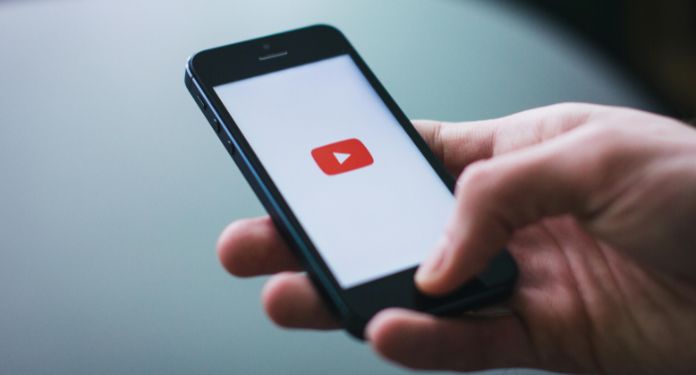YouTube, the world’s largest video platform, is profiting from the promotion of illegal online gambling in Brazil. These companies are currently prohibited from advertising in the country due to current regulations. In addition, there is an agreement with the Brazilian government to remove this type of content.
The National Telecommunications Agency (Anatel) considers some of these sites to be irregular and without authorization to operate. YouTube said it is analyzing the reported content and highlighted that it updated its publishing policies in September 2024.
Although Brazilian law prohibits it, advertisements for illegal websites are frequent on the platform. For every three suggested videos, users find advertisements for these sites.
These illegal companies promise cash bonuses for registration, something prohibited by Brazilian law, and use domains other than “bet.br”, exclusive to platforms licensed in the country.
By clicking on the ads, the user finds an online store, installs an application on their cell phone and accesses the illegal website. To register, the system only requests a phone number and a password, without requiring identification or proof of age.
Some illegal websites still circumvent blocks in virtual stores, being listed as “free classification”, contravening the prohibition for minors.
Brazilian legislation
The legislation requires betting companies to pay R$30 million to the federal government and follow specific rules, in addition to paying taxes on profits, which these unauthorized bets do not do.
According to Folha, Hong Kong companies register apps but claim to have a Curaçao license. To avoid inspection, they create new sites as soon as they block the previous ones.
In order to carry out scams, they do not retain customers and use generic variations in website records. Users report fraud on social media due to difficulties in withdrawing money or the installation of viruses when accessing illegal platforms.
The high turnover makes it difficult to determine the number of illegal operations and their advertising. Applications such as the one from an alleged developer called Ballet Lyn, launched on March 31, 2025, are frequently identified.
YouTube, which is owned by Google, receives payment for each ad, but does not disclose amounts or reach.
Consequences
Advertising websites without a license can result in fines ranging from R$50,000 to R$2 billion. According to lawyer Luiz Felipe Maia, this punishment requires a process that the Prizes and Bets Secretariat of the Ministry of Treasury must initiate.
Maia explains that the Internet Civil Rights Framework protects platforms, but emphasizes that companies can be punished if illegal advertisements are published. “You advertised and are being paid for it. If the content is repeated, it should have stronger KYC,” he stated.
YouTube emphasizes that in order to advertise, it is necessary to follow policies and have licenses from the Ministry of Treasury and certification from Google Ads. If there is a violation, the company suspends the ad and may block the advertiser’s account.
The SPA (Prizes and Betting Secretariat) reported that YouTube has implemented stricter rules to remove betting content after meetings. The SPA is working with Conar and the Digital Council to combat illegal advertising. “The SPA has already managed to block more than 11,000 illegal websites,” it said in a statement.
In March, YouTube removed live streams with illegal betting content. Giovanni Rocco, national secretary, criticized the platform: “YouTube is monitoring live streams, but at the same time it advertises illegal bookmakers and makes money from it.”
Plínio Lemos Jorge, president of ANJL, says that the association informs the authorities about illegal websites. “This is a clandestine, highly technological network. The participation of the Federal Police in the investigations is increasingly important,” he said.




